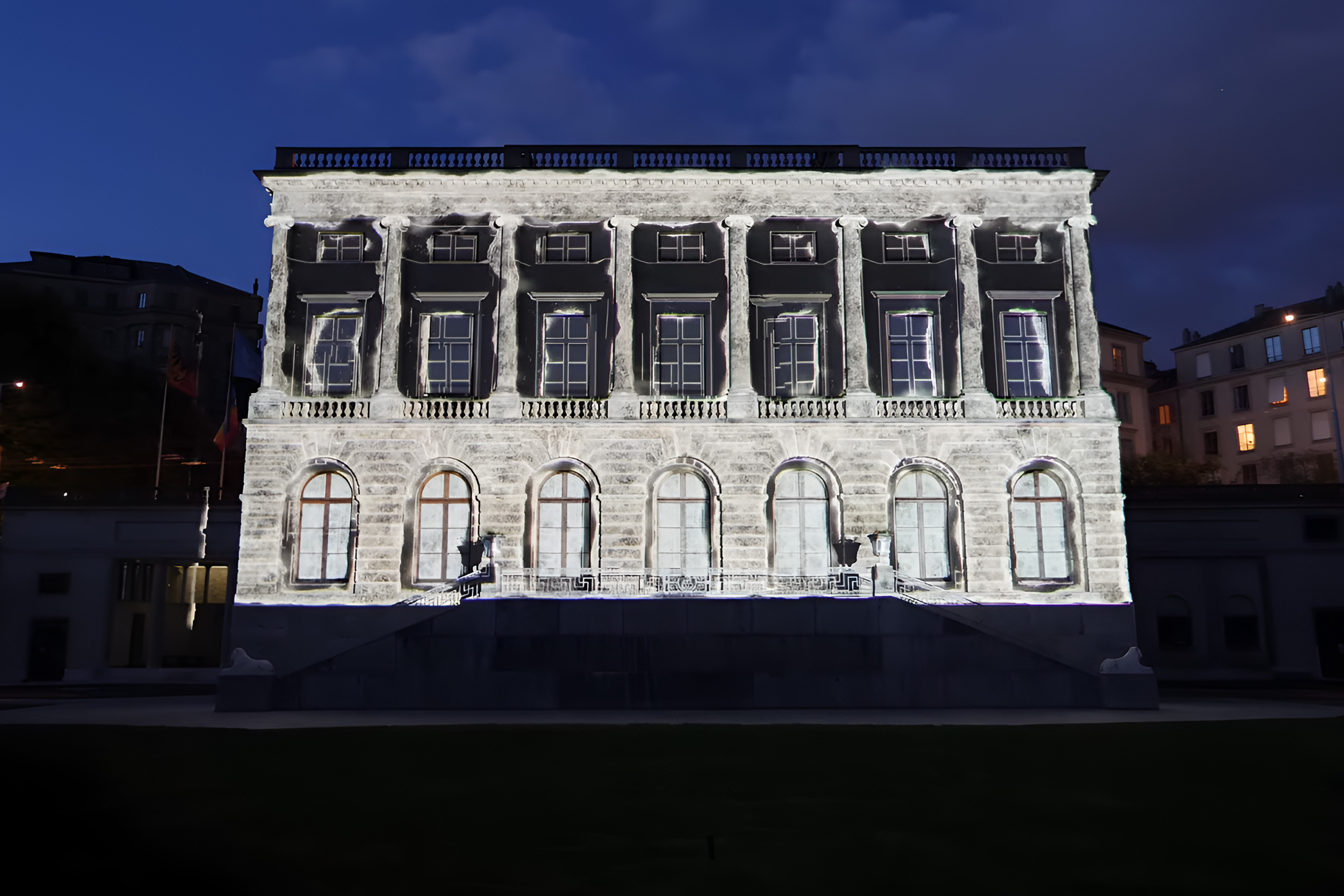11 October 2025
Submissions are now open and will be accepted until November 2
Geneva is once again preparing to host Mapping Festival, the high-profile event at the intersection of audiovisual art, technological innovation and transdisciplinary practice. The organisers have officially opened their call for proposals for the 2026 edition, scheduled to run from 7 to 17 May.
The invitation is straightforward and ambitious: artists and practitioners are encouraged to submit project proposals in three primary categories; live performance, installation (interactive or otherwise), and workshops / forums / conferences / masterclasses. There is intentionally no thematic constraint this year, giving applicants the freedom to propose works that explore real-time audiovisual systems, immersive experiences, or hybrid art–science dialogues.
Mapping Festival has long been devoted to discovering and uplifting emerging talent, noting that many artists who once participated as relative unknowns have since achieved international acclaim. The organisers emphasise their openness to “today’s technological creativeness” and the festival’s continued interest in the evolving interplay between art, technology and science.
Submissions for the 2026 edition are open until November 2. Find full details and entry guidelines here.
What is Mapping Festival?
For those less familiar, Mapping Festival is one of Europe’s leading festivals dedicated to live visuals, installation art and VJ (visual jockeying) culture.
Held annually in Geneva, it programmes a wide range of formats: site-specific mapping and projections, immersive installations, audiovisual performances in club contexts, screenings, workshops and talks.
The festival often transforms Geneva’s architecture, museums and public spaces, integrating local venues into its creative canvas.
Over the years it has become a major platform for digital culture and new media art, particularly in Francophone Switzerland, and enjoys international recognition for its adventurous curatorial stance.
In the 2025 edition, for instance, venues such as the Musée d’Art et d’Histoire, the Grand Théâtre, and public squares became sites for immersive work, performances and conference formats.




